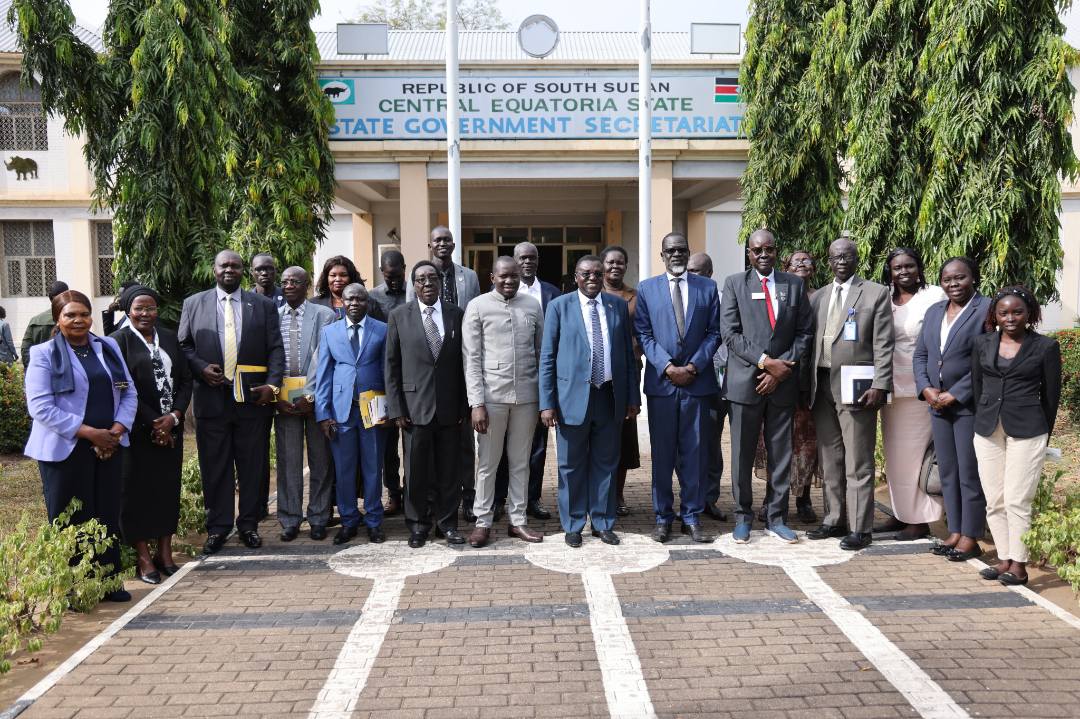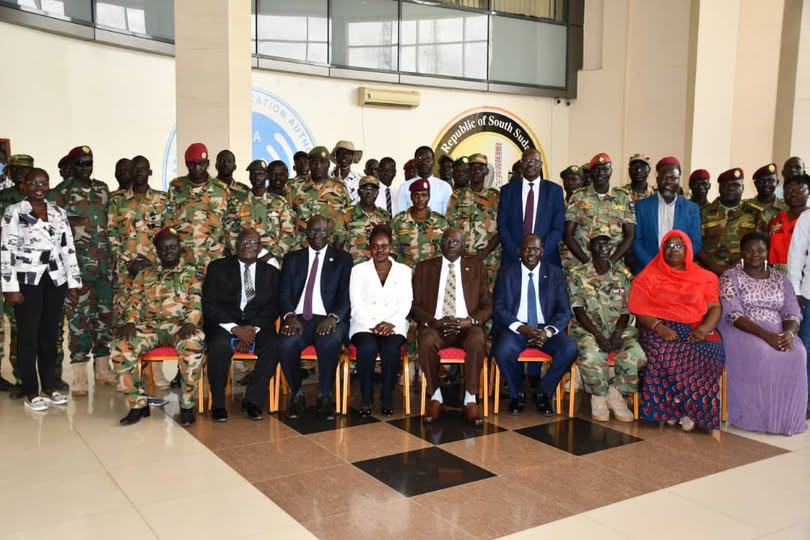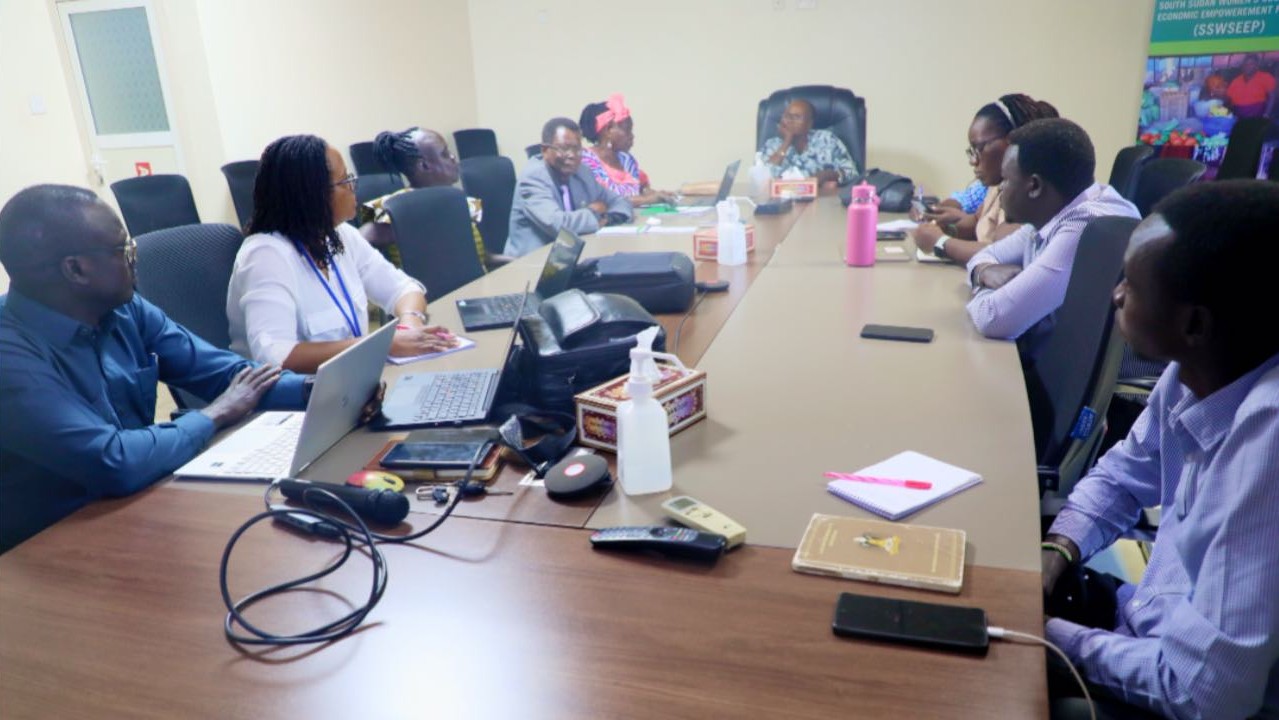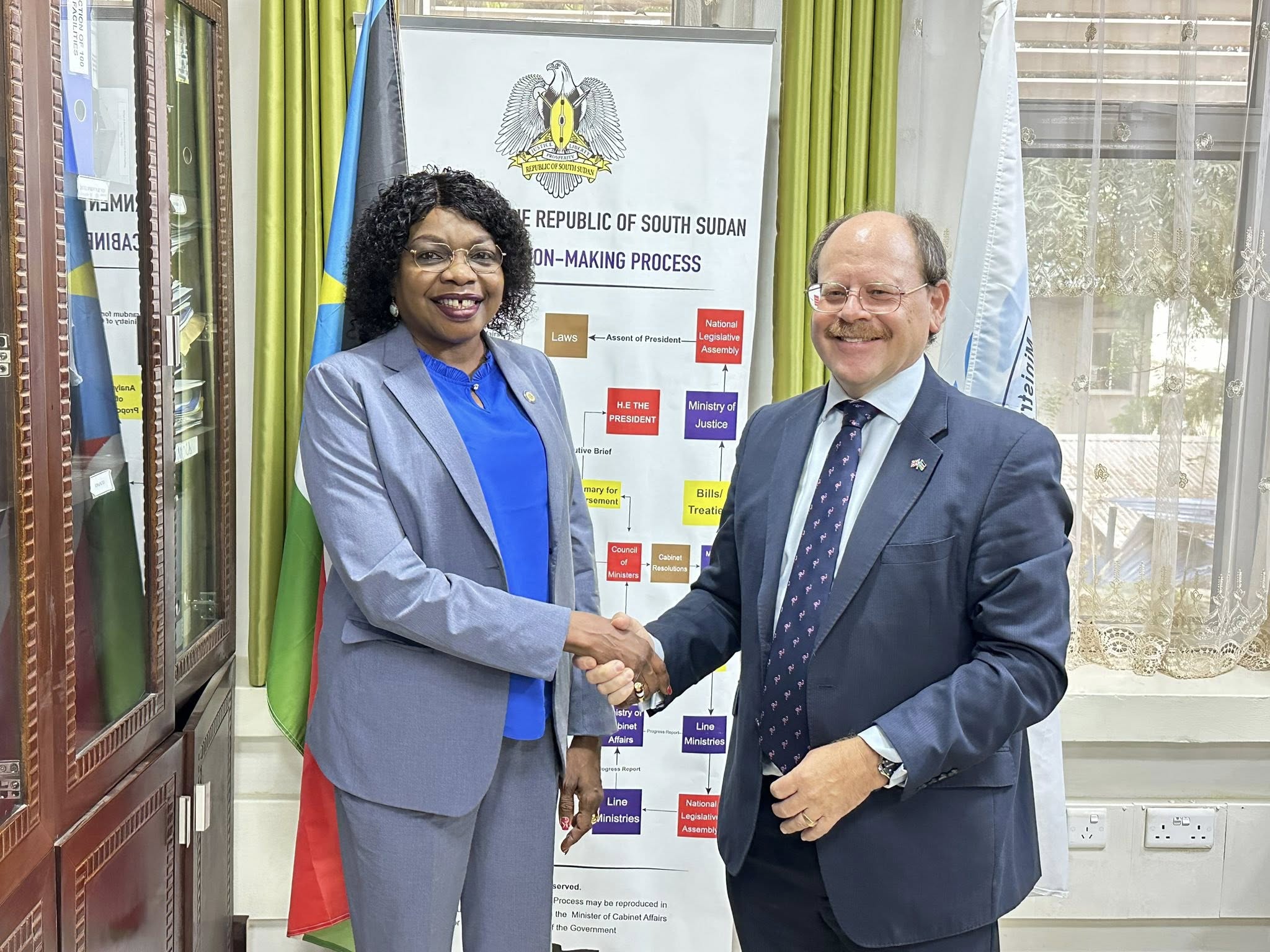
Reported by Emmanuel Garjiek The United Nations World Food Programme (WFP) warned on Thursday that refugees in Kenya are facing an increasing risk of food insecurity due to a severe funding shortfall, which has forced the agency to cut food assistance to its lowest recorded levels.
In a press statement accessed by Derawet media , WFP announced that starting in June, approximately 720,000 refugees supported by the agency in Kenya will receive only 28% of their food needs in physical rations, with cash assistance being completely halted—unless additional funding is secured.WFP highlighted that the number of refugees and asylum seekers in Kenya has surged by more than 70% over the past five years, growing from around 500,000 to 843,000 people, largely due to conflicts and droughts in neighboring countries such as Somalia and South Sudan.Despite generous contributions from several donors, the rising needs among refugees have exceeded the available resources.Bayankai Sankoh, WFP’s Deputy Country Director in Kenya, emphasized the severity of the situation, stating, “WFP’s operations supporting refugees in Kenya are under immense pressure.
With resources stretched to their limits, we have had to make the difficult decision to reduce food assistance once again. This reduction will have serious consequences for vulnerable refugees, increasing the risks of hunger and malnutrition.
”The statement noted that many refugee families in Kenya already struggle with high levels of food insecurity.
Among refugee children and pregnant or breastfeeding women, the rate of acute malnutrition exceeds 13%.WFP explained that an acute malnutrition rate above 10% is classified as a food emergency, especially in refugee settings, necessitating urgent interventions to prevent life-threatening complications caused by malnutrition.
The statement further revealed that WFP’s nutrition programs for children and mothers ceased in late 2024 due to a lack of resources.In 2024, WFP, in partnership with the Kenya Refugee Affairs Secretariat and the United Nations High Commissioner for Refugees (UNHCR), provided monthly food aid—mostly a combination of cash transfers and physical food rations—to 720,000 refugees in the Dadaab and Kakuma camps as well as the Kalobeyei settlement. WFP regularly adjusted ration sizes based on available funds, with the latest reduction in February leaving refugees with only 40% of a full ration, based on the recommended daily intake of 2,100 calories.Beyond direct food assistance, WFP continues to support refugees and host communities with programs that promote self-reliance and integration.
These include improving access to land for farming, developing water infrastructure for irrigation and livestock, and establishing food markets to help local communities sell their produce.Sankoh concluded by stating, “With fewer resources, refugees will be forced to make painful choices—giving up essential possessions, withdrawing children from school, or even returning to their countries of origin despite the risks.”
He added, “Food assistance is a crucial safety net, and we remain committed to doing everything we can to support refugees as they strive to rebuild their lives securely.
”WFP” urgently needs $44 million to restore full rations and resume cash assistance for all refugees until August.






